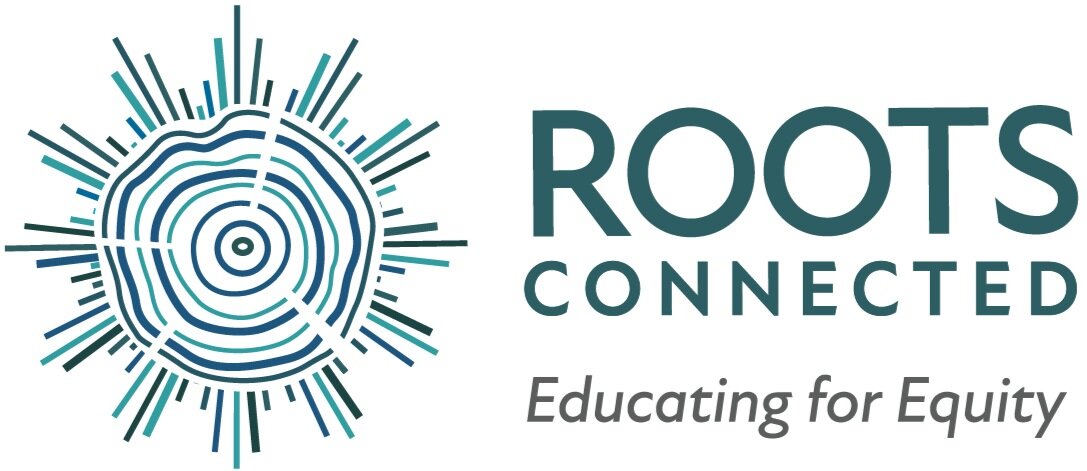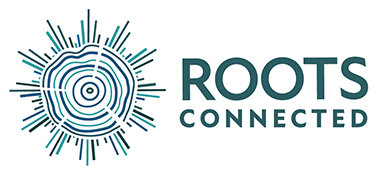Celebrating “the Holidays”: A Personal Reflection
Our executive Director, Sahba Rohani, shares a personal reflection connected to representation in the classroom.
It was in my Kindergarten classroom where I was first asked what I wanted Santa to bring me for Christmas. As a child of recently arrived immigrants, I listened tentatively as each of my predominantly white classmates enthusiastically shared their wish lists of Barbie dolls and GI Joes. A call and response arose, with collective cries of “Yeah! Me too!” following each wish list proclamation. As the circle of kids left to share dwindled, I knew it would soon be my turn to say what I wanted Santa to bring me. I spent my time in that circle worrying about two things: 1) If I also said “Barbie and her convertible,” would they know that Santa doesn’t visit my house and that we don’t even own a Christmas tree to place gifts under? and 2) how could I convince my parents to buy me said Barbie and convertible before we came back to school in January?
Each year, we had one or two Jewish families in my class come in and share their traditions and I remember a deep sense of envy that at least they got to share the month of December with all the other kids celebrating Christmas. Year after year, the Santa questions were asked, not only before Christmas, where we spent the month cutting out trees, writing holiday cards to our families, and performing a slew of Christmas carols at the holiday school show. But the first week back to school was filled with more questions, “What did you get? What was in your stocking?” Teachers asked us our favorite Christmas foods and whether or not we drank eggnog. I had never even heard of eggnog. Cafeteria table talks were consumed by conversations of the gifts my friends had received while I sat silently, nodding and sending up silent prayers that my enthusiasm would distract them from asking me what I had gotten. Thinking back, it must have seemed that I had the most neglectful parents, with borderline Grinch tendencies, depriving their child of Christmas cheer each year.
However, what my friends didn’t know was that I had also had a great vacation, filled with piles of jeweled Persian rice, family visits from around the world, sleepovers with my cousins, laughing into the wee hours of the night and faking sleep so our parents wouldn’t tell us to go to bed. We had loud dance parties, potlucks in the park and cramming in our small cars to go sledding up in the mountains. That’s what we did while my friends opened their gifts and checked their stocking. But they would never know, because that is not what was asked in our class circles.
When it was finally my turn to celebrate, after 19 days of my family fasting from sun-up to sun-down, and March 21, the first day of Spring and our Baha’i New Year (Naw Ruz), arrived with piles of presents, crisp dollar bills handed out by the elders to the children, and delicious foods served, I never told anyone. When I would arrive at school with the beautiful new dress my parents had saved up to buy, I didn’t tell them that this was like MY Christmas present. I never got to share why those days were so special for me and how hard I hugged my mom and dad when I opened my gift, because you see, our class didn’t spend 3 weeks or even 3 minutes talking about the significance of Naw Ruz, the Baha’i calendar, why acts of service mattered this time of year, what the haft-seen meant, and who had the best dance moves at our Naw Ruz parties. March came and went, and I felt more invisible than ever.
Years later I ended up working in a school where, quite explicitly, no holidays were celebrated. When I asked the school leaders why, I was met with, “Well, if you can’t celebrate every single one, then why should we only celebrate some? That just leaves people out.” And in that one statement, the little child-of-immigrants Kindergartener in me found peace. While space was created to honor and respect individual family cultures, religions, and traditions, the entire community was not forced to honor and respect only one culture, religion, and tradition.
In my classroom, after the December vacation we asked questions of our kids like, during this break:
Who is someone you spent time with?
What is one new thing you may have tried?
What is something that brought you joy?
What is something you learned?
What good book did you read, or new movie did you see?
What is one thing you are looking forward to as we head into the rest of this year?
This made space for those who celebrated, to share, without alienating those who didn’t.
Over time, my love of Christmas time has grown tremendously. It’s hard to live in New York City and not become enamored by the glittery lights, the Rockefeller tree, the smell of pine and cinnamon in the air, and the first snows. It’s a tantalizing and romantic experience. I now spend much of December in something flannel, inhaling mugs of hot chocolate, and watching an endless marathon of Marvista Hallmark-esque Christmas movies. I love Christmas time. I love the joy it brings to so many of the people around me. And I love the way it can bring people together. But most importantly, I love that the people who know me also know what I celebrate. They know that my faith is the most important part of what makes me me, and each year, more and more of my friends reach out to wish me a happy Naw Ruz. Not because they have to, but because they love me and know what’s important to me.
Which makes me wonder why more of our classrooms are not set up to foster this mutual love and appreciation of differences? Spaces where kids really know one another, where they can honor and celebrate the differences that make them who they are, where they can sit side by side and relish in one anothers newness and uniqueness. Maybe if classrooms created these inclusive spaces, kids wouldn’t feel they have to hide parts of their identities just to blend in and be seen. Although it is that ‘othering’ that made me who I am, and forced me to really appreciate and be proud of what makes me different, I wonder in what other ways my curiosity, my joy, and my worth would have been cultivated, if I wasn’t spending so much time trying to hide away those parts for fear of not fitting in.
A change in mindset is required, followed by just a few small tweaks in language. That alone can change a child’s entire elementary school experience, give a child value, and make a child believe that they really belong.




